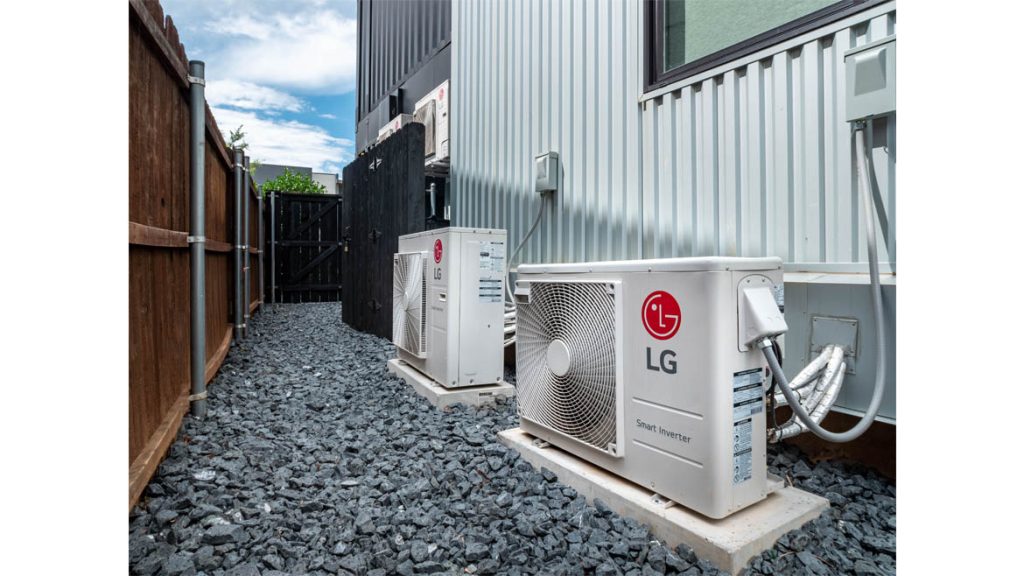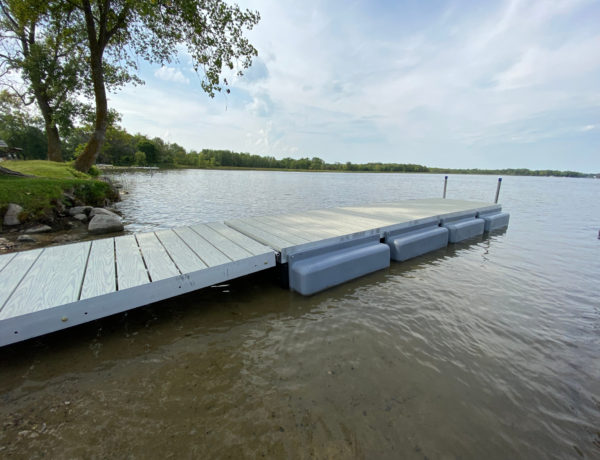Lawn monuments are an age-old tradition that blend both history and craftsmanship, offering timeless beauty while preserving the legacies of loved ones. These monuments, often crafted from stone or marble, are more than just markers of burial sites they represent an enduring tribute to the lives lived and the memories cherished. Over time, the design and materials of lawn monuments have evolved, merging traditional artistry with modern elegance to create pieces that are both classic and contemporary. Historically, lawn monuments were simple, functional stones, often etched with only names and dates. However, as societies developed and artistic expression flourished, these markers became more intricate and personalized. The use of different materials, such as granite and bronze, allowed for a greater range of design possibilities, while still maintaining the solemnity and reverence associated with memorials. These early lawn monuments were not only markers of death but were also seen as symbols of eternal life, offering peace to the living and honoring the deceased with beauty and dignity.

As the world moved into the modern era, advancements in technology allowed for even more intricate designs. Laser etching and engraving techniques enabled artists to create detailed portraits, custom messages, and intricate patterns, all while maintaining the quality and durability of the monument. These modern techniques also gave rise to the ability to incorporate other elements like glass, bronze, and even LED lighting, which added a layer of contemporary flair to these traditional memorials. The idea was no longer just to mark a burial site, but to create a work of art that encapsulated the essence of the person it commemorated. The modern lawn monument offers a unique blend of tradition and innovation. While maintaining the dignity and reverence of traditional designs, modern monuments embrace simplicity, elegance, and personalization. Today’s lawn monuments can be minimalist yet powerful, with clean lines and subtle engravings that reflect the individual’s personality, achievements, and family heritage. For example, a monument might feature a serene, sculpted image of a loved one, accompanied by a quote or verse that was meaningful to them, ensuring that the monument serves as both a reflection of their life and a source of comfort for their family.
In addition to the aesthetic beauty, modern lawn monuments also take into account environmental factors. Sustainable materials and eco-friendly designs are becoming increasingly important, with many families opting for biodegradable options or markers made from natural stone that can withstand the test of time without harming the environment. As the world grows more conscious of its impact on nature, memorialization is following suit by integrating eco-conscious choices into the design process. The timeless beauty of Lawn monuments Sydney lies not just in their visual appeal, but in the way they honor the lives of those who have passed. Each monument tells a story, capturing the essence of a person in a way that transcends time. Whether traditional or modern, these memorials provide a lasting tribute to the departed, blending the past and present in a seamless expression of love, remembrance, and respect. In this way, lawn monuments remain a powerful and enduring testament to the timeless nature of life itself.




